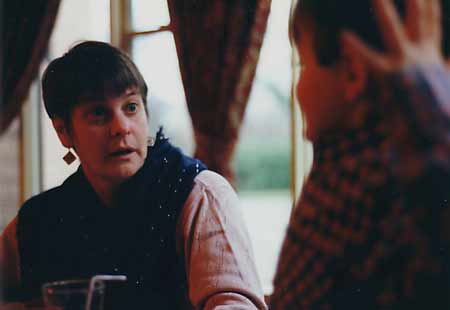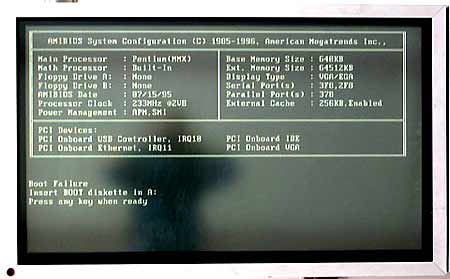Here’s a neat little sca…, er scheme. The UK government, in its laudable attempt to raise school standards, has a ‘specialist school’ programme. The aim is to encourage schools to aspire to excellence in a particular field, and to reward such aspirations and efforts. All very right and proper, not to say admirable. As I understand it, if a school gets specialist status, then the government offers it additional funding (~£100k) provided the school can match that by raising £50k itself from companies and sponsors.
So far, so good. Schools in affluent areas can generally raise the necessary £50k, but their counterparts in poorer areas have great difficulty in raising the dosh.
Enter, stage right, a friendly US monopolist which offers to provide the sponsorship needed to tip the school over the threshold.
Hooray! Microsoft is generously donating £50k to every needy, aspirational school! What a turn-up for the books!
Er, no. In the words of the hapless Specialist Schools Trust,
Microsoft has offered to support a further 65 aspiring specialist schools. Support is for schools applying in the October 2005 bidding round only and will be in the form of a software licence entitling schools to Microsoft software titles, upgrades and support over the initial four-year development period.
Neat, isn’t it. The cost to Microsoft is precisely zilch. But the result is 65 more hapless schools being locked into a software and hardware ecology that none of them can sustain or support. It’s a bit like a re-run of those Imperialist narratives where African tribesmen sign away their natural resources for a handful of baubles. And what’s funny is that the Specialist Schools Trust professes itself “delighted” by the wheeze. That’s probably because the Trust’s worthies know as little about software as the aforementioned tribesmen knew about Uranium 235.
Microsoft understands the value of W.C. Fields’s famous adage: never give a sucker an even break.




